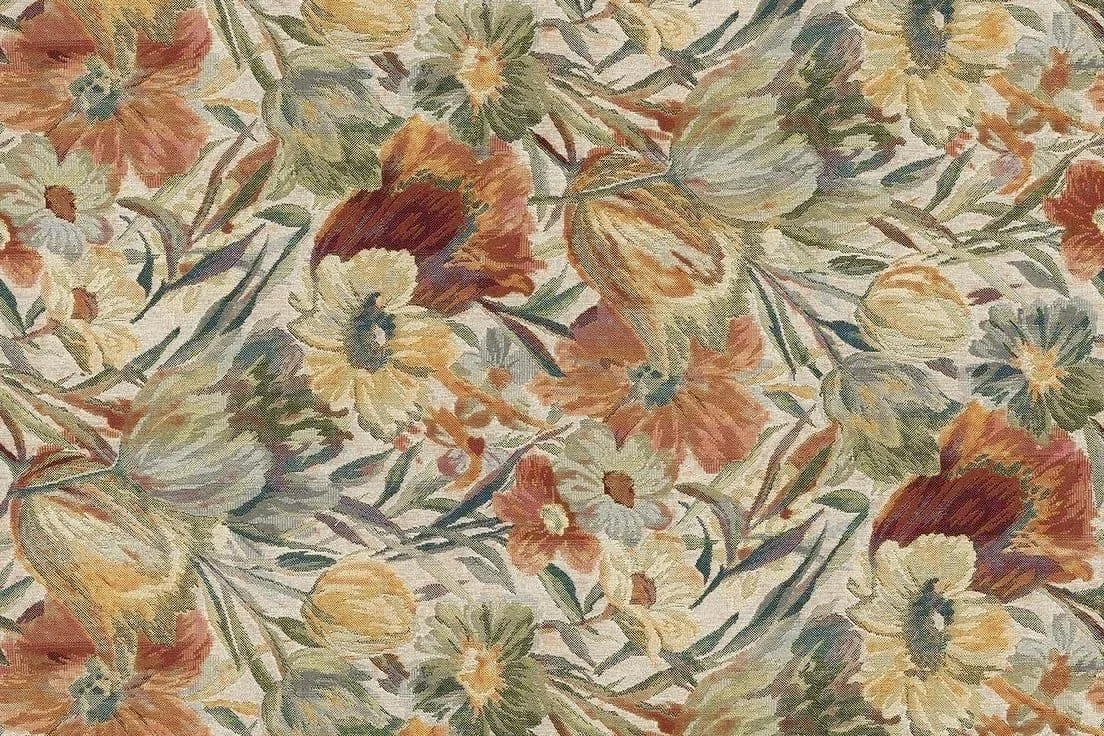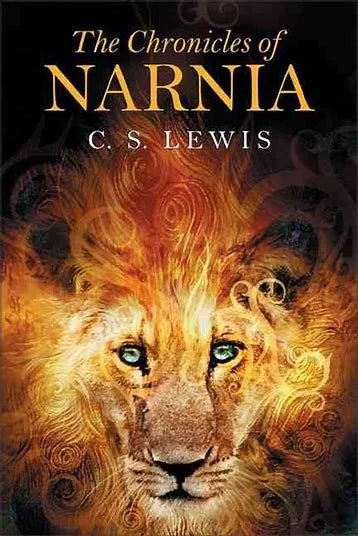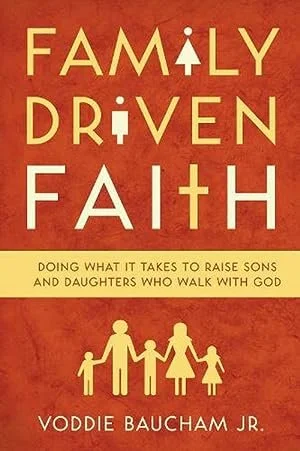Cait’s Critique’s
-
I love reading, and if you’re looking for books to enjoy and / or avoid, this page is for you!
-
Strive to be a deep thinker. It is good to question people / things. This is an opportunity to learn, grow, and broaden your perspective.
-
A gift from God and an oppourtunity to learn about yourself, the world, and your maker.
Reading List:
Curious about the origins of my thoughts and ideas? Interested in my daily reading habits? This is the place to discover my reading list, along with comments and critiques on books, novels, and poems that have captured my attention or piqued my interest.
Why read? It is vital for many reasons:
Broadening Perspectives: Reading can expand our horizons by exposing us to diverse ideas and viewpoints, even those we might disagree with. It encourages empathy and a deeper understanding of the world.
“Sometimes Fairy Stories May Say Best What’s to be Said.” C.S. Lewis: It can serve as an escape to other worlds and realms, sparking our imagination. Hats off to some of my favorite’s, C.S. Lewis & J.R.R. Tolkien.
Learning: Reading is an inexhaustible source of knowledge. It enables us to learn continuously, fostering growth and development.
Deep Mastery: “Master those books you have. Read them thoroughly. Bathe in them until they saturate you. Read and reread them…digest them. Let them go into your very self. Peruse a good book several times and make notes and analyses of it. A student will find that his mental constitution is more affected by one book thoroughly mastered than by twenty books he has merely skimmed. Little learning and much pride comes from hasty reading. Some men are disabled from thinking by their putting meditation away for the sake of much reading. In reading, let your motto be ‘much, not many.” C.H. Spurgeon







